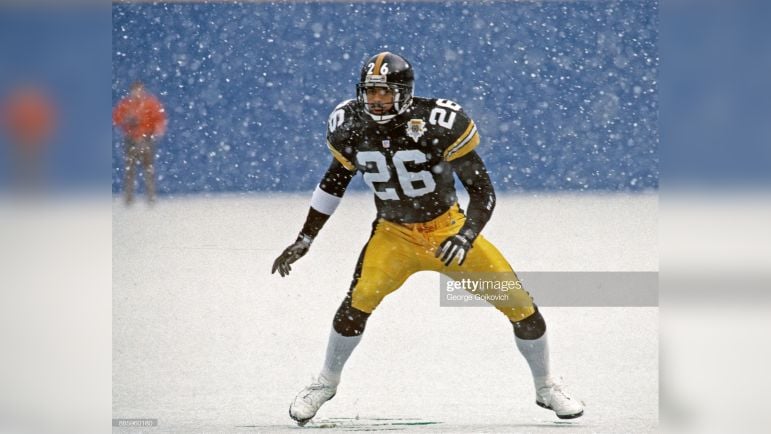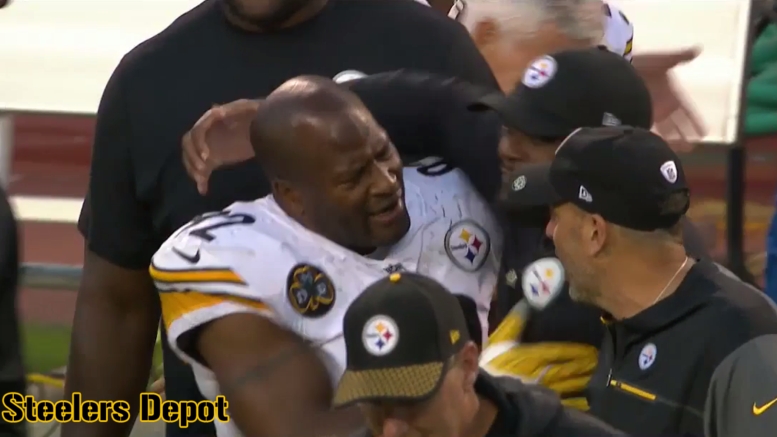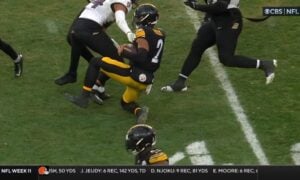Rod Woodson is unquestionably one of the great Steelers of all time. He’s also one of the greatest defensive backs to ever play the game. Although he played for three other organizations after he left Pittsburgh, and he embraces that part of his legacy, however, the city and the team was always a fit.
“Getting your hands dirty is a part of life, so I think it was a match made in heaven”, he told Stan Savran back in March for a video interview posted on the team’s website, which they recently put back up during the dead time before training camp.
“I’m blue collar. My dad was blue collar”, he said of his background. “My dad worked for an international harvester back in the day. I’m a hard-hat guy. My first job of working in high school was working construction. If that’s not blue collar, I don’t know what is, breaking concrete with the sledgehammer”.
While Woodson perhaps never worked in the steel mills (they were already on their way out by the time he was in high school, and he is from Indiana rather than Pennsylvania, he certainly was not born with a silver spoon in his mouth, growing up in a relatively modest home in a predominantly black neighborhood of Fort Wayne, Indiana.
Rod took after his father as a laborer, as he discussed, working construction jobs as a teenager. “They would not give us a jackhammer because we were too young, so they were like, ‘but you can sling that sledgehammer. We need to crack those five slates right there on the sidewalk’”, he said. “And we did it. It’s part of who I am”.
Of course, his stellar athleticism and drive to succeed were his ticket out of that cycle. A star athlete who also ran track and field and who was a three-phase player for Purdue—defense, special teams, and even offense—he was destined to be a star in the NFL.
Indeed, the fact that he was drafted 10th overall in the first round was considered an upset, that he ‘slid’ all the way down that far, with nine players drafted ahead of him. He was that good. And of course he proved to be every bit as good as he was thought to be coming out of college. Better than anybody drafted before him that year; better than anybody drafted after him.
And he was that weapon for the Steelers—eventually. Of course he held out into his rookie season, but he became a starter in his second year in 1988 and never looked back. He played 10 years in Pittsburgh where he recorded 38 of his 71 career interceptions, with 671 tackles, 13.5 sacks, 22 forced fumbles, and six defensive touchdowns.







